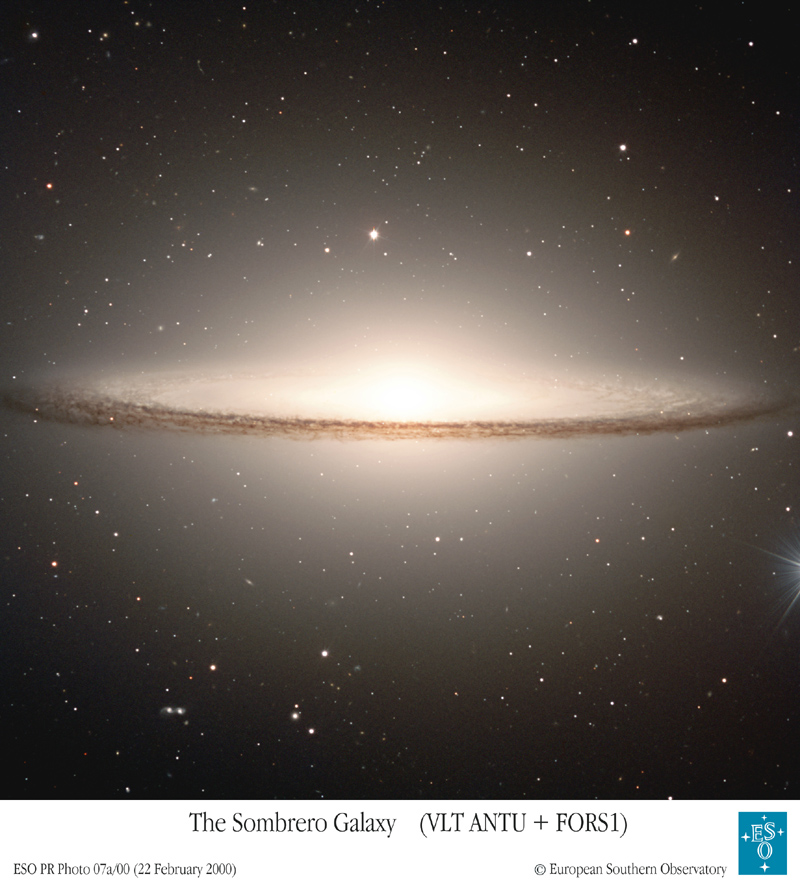Küng – Der Anfang aller Dinge. Section B, pt 3.
 This is part 3 of my overview of section B in Küng’s Der Anfang aller Dinge.
This is part 3 of my overview of section B in Küng’s Der Anfang aller Dinge.It is time to turn to the question that will engage Küng for the rest of the section.
5. Why is there not nothing?
Science, Küng insists, can only take one so far. Furthermore, such questions as those concerning the condition at the Absolute Beginning of all things cannot help but swerve into metaphysics. Indeed, many scientists freely admit, the more of the universe one discovers, the less it is understood. Despite the enormous and wonderful contributions and advances of scientific knowledge in the last century, room must also be made for scientific humility. Indeed, the 96% of the universe that remains beyond human knowledge, also remains beyond entirely reasonable explanation and understandability. And this is not merely the sort of mystery that can one day be resolved, rather, quoting Pascal, Küng is speaking here of the ‘secret impénétrable’, that which is beyond ‘theoretical reason’ and empirically bound scientific research.
So how are we to approach the question of the ‘secret impénétrable’? In this following passage, Küng introduces a crucial part of his argumentation:
‘Während die Argumente der Physik, auf Beobachtung, Experiment und Mathematik aufgebaut, einen logisch zwingenden Charakter haben, können die philosophisch-theologischen Argumente für die Annahme einer metaempirischen Wirklichkeit bestenfalls eine Hinführung und Einladung sein. Das heißt: In diesen letzten Fragen herrscht kein intellektueller Zwang, sondern Freiheit’ (95).
The events of t = 0 are simply beyond the reach of our Physics. This doesn’t mean ‘God’-speculation is merely introduced where there exists gaps in scientific knowledge. Rather, it is about the nature and the scope of the questions that asks about the ‘ultimate secret of Reality’, the original ground, foundation, the original goal of all Reality. However, to speak of this ultimate Reality in terms of God … isn’t that simply a pious hypothesis that scientists cannot allow? ‘No’, says Küng: ‘Ich möchte dem Naturwissenschaftler empfehlen, Gott zumindest als Hypothese in Betracht zu ziehen’ (97).
How this Empfehlung is to be justified will be overviewed in the next, and last post on section B.
Labels: Book Review, Küng








0 Comments:
Post a Comment
<< Home